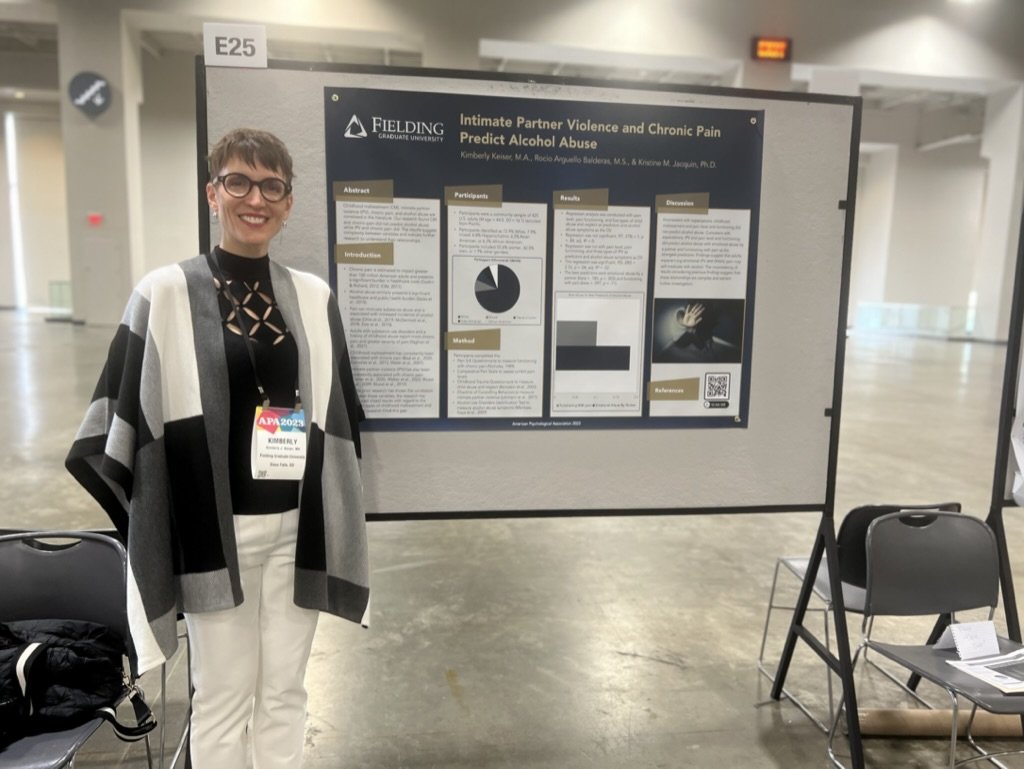Intimate Partner Violence and Chronic Pain Predict Alcohol Abuse
Chronic pain is estimated to impact more than 100 million American adults and presents a significant burden in healthcare costs. Alcohol abuse similarly presents a significant healthcare and public health burden. Pain can motivate substance abuse and is associated with increased incidence of alcohol abuse.
Research has shown that adults with substance use disorders and a history of childhood abuse report more chronic pain and greater severity of pain than those who did not share those experiences. Generally speaking, childhood maltreatment has consistently been associated with chronic pain.
Intimate partner violence (IPV) has also been consistently associated with chronic pain. While prior research has shown the correlation between these variables, the research produced mixed results regarding the specific types of childhood maltreatment and IPV. This study looked to fill this gap in the research literature.
Study results showed that pain levels, pain functioning, and the five types of child abuse and neglect could not predict alcohol abuse symptoms. However, pain level and functioning, and three types of IPV did predict alcohol abuse. The best predictors of alcohol abuse were emotional abuse by a partner and functioning with pain.
Studies with inconclusive results, where past research has shown a relationship between variables, allow researchers to ask new questions and take the inquiry deeper.
In this study, it was inconsistent with existing literature that childhood maltreatment and pain level and functioning did not predict alcohol abuse. Results showed that IPV and pain level and functioning did predict alcohol abuse with emotional abuse by a partner and functioning with pain as the strongest predictors, which was consistent with expectations.
These findings suggest that adults experiencing emotional IPV and chronic pain may self-medicate with alcohol. The inconsistency of results, paired with previous findings, suggest that these relationships are complex and warrant further investigation.
Interested in learning more?
Kimberly Keiser offers mental health services and educational resources focused on sex therapy, trauma therapy and individual or group counseling.
Learn more from our team of experienced and credentialed providers.



